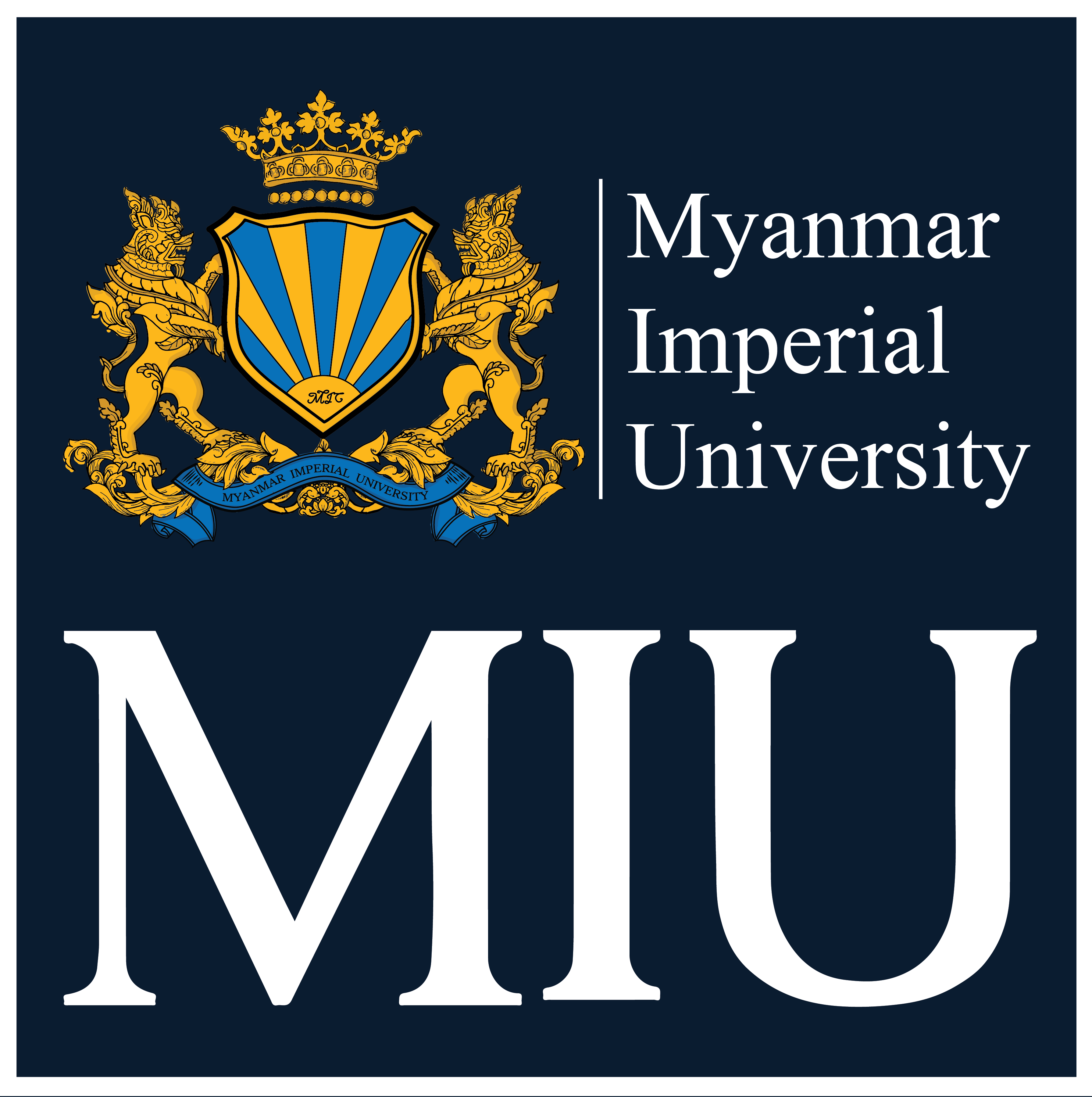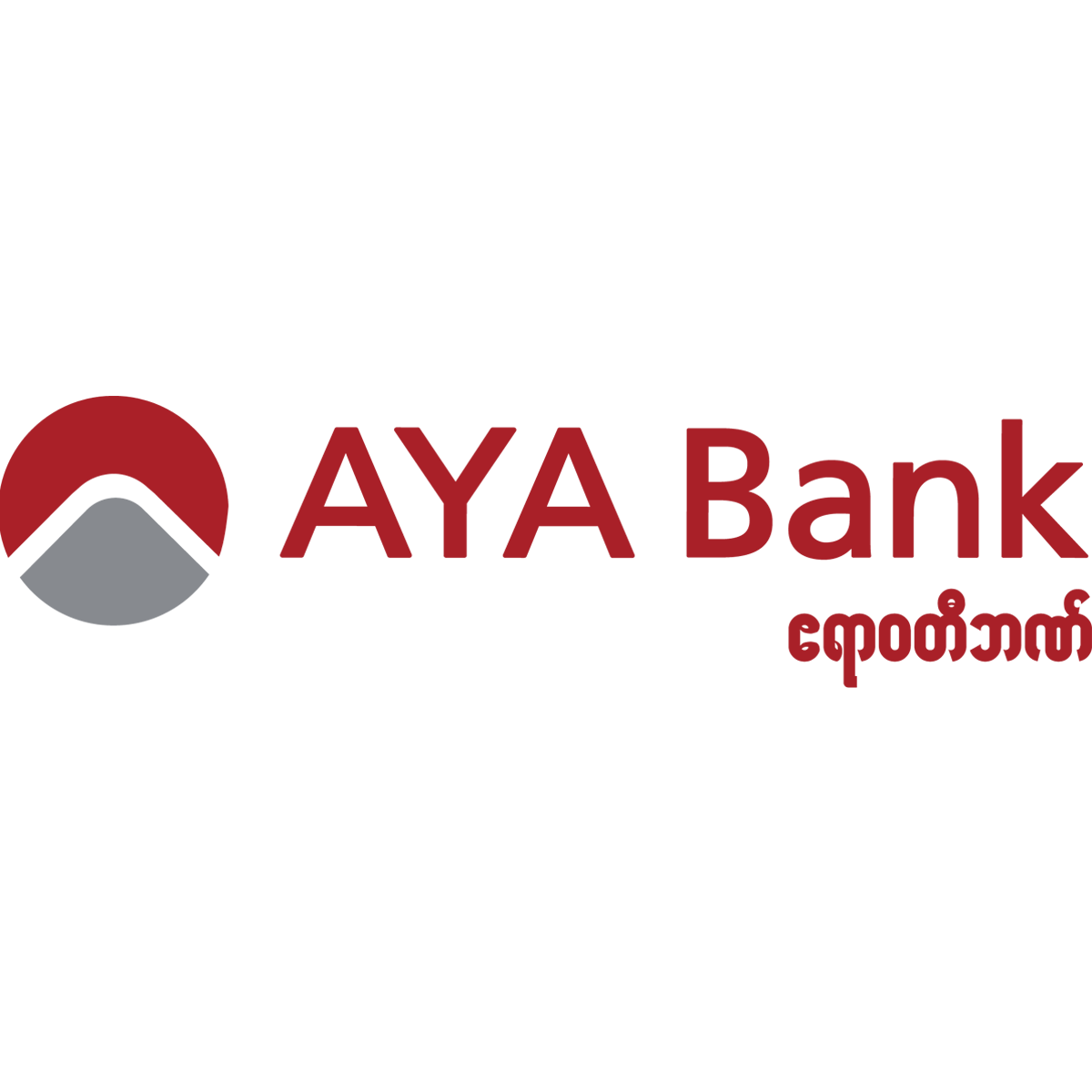


The skills and knowledge gained by studying at the Myanmar Imperial University are practical and applicable across a wide range of business functions in today’s business world. You will gain valuable new skills in Business and Management which will prepare you for the world of work, graduate entry into management training programmes, or further study. Our Business and Management graduates have gained employment with leading companies within Myanmar.
The MBA programme offered by MIU is delivered through the collaboration between University of Northampton (UK). It is an internationally recognized postgraduate qualification with first-class academic teaching by local/foreign professional lecturers.
In addition, those students who pursue the MBA will benefit from the knowledge and expertise of the experienced business experts and the faculties of the University of Northampton.
Our MBA programmes are carefully designed to offer in-depth knowledge of all critical business areas and functions for ambitious, motivated professionals and individuals.
Our Bachelor of Marketing Management Programme will offer you the opportunity to learn about marketing and prepare you for working in the business world. The course covers the core marketing skills that are essential in today’s work environment. After the completion of the course, the students will be able to broaden their career pathways in different Business & Marketing Industries.
Our Doctorate in Business Administration programme is a four-year part-time programme designed specifically for experienced leaders in the private and public sector. The DBA programme enables you to make a contribution to knowledge through the ‘novel application of theory’ rather than the development of new theory, thereby differentiating it from a traditional PhD.
This programme consists of six modules. Six modules are facilitated and the remaining one module is the research thesis. All the modules are compulsory. The first two years of the programme is spent through developing knowledge and skills in research methods, reflective practice and research leadership and governance. When you have successfully completed the facilitated modules, you progress to the research thesis. The research thesis will typically take further two years to be completed, it might take a little more or less duration depending on your progress.
The five facilitated modules take place during the first two years. These modules are delivered through workshops, supported by online learning resources to build a strong network of peers and tutor support. The workshop is negotiated with each cohort.
The research thesis takes place in the third and fourth year of the programme. You will be allocated a supervisory team, with supervision meetings being individually negotiated. You can typically expect to meet your supervisory team approximately once every eight weeks.
In this programme, students will learn how to manage hotels, tour operations, cruise ships, resorts and other hospitality facilities. This programme is a good opportunity for learners who have great interest in travel and tour industry.
To fulfill the demands of the 21st century, leaders are required to perform their strategic tasks with a solid understanding of Leadership, Organizational Behaviors, Strategic Planning and Strategic Change Management. With the combination of the knowledge, this intensive Diploma can bring the learners the ultimate success in practical perspective, academic knowledge, and understanding. Strategic Business Concept will be arisen with the freedom of thought to stand out from the market competition. Under the intense competition, most of the incredibly successful brands have had the benefit of being led by leaders who had a vision. To gain sustainable competitive advantage, strategic mindset with dynamic capability is needed to manage changing environment that forced by both internal and external factors. This module provides strong understanding of the tools and theories which are applicable to analyze the competitive business environment and the institutional complexity. This diploma programme is composed of four main subjects, Principle of Leadership and Management, Strategic Leaders, Dynamic Capabilities and Strategic Planning, and Strategic Change Management.
The Youth's Leadership Programme is designed to focus on the leadership and team development for the youth, to enhance on the best practices for leadership strengths and abilities to work collaboratively. Leadership is part of the youth development process and supports the youths in developing: the ability to analyze own strengths and weaknesses, set personal and vocational goals, and have the self-esteem, confidence, motivation, and abilities to carry them out. This programme offers the skills to make significant and positive impacts within the roles in student life as well as be a promising leader of the future, and highly innovative and targeted learning for youths with activities and challenges to develop motivated and empowered leaders, and the foundational leadership skills.
Marketing focuses on the ways in which complex markets work from the perspective of how firms, consumers, and other stakeholders interact. More than merely advertising or selling things, marketing considers all the ways consumers and firms co-operate, and how they impact both business-level outcomes (e.g., brand equity, profitability, long-term growth rates) and consumer level outcomes (e.g., brand attitudes, customer loyalty, consumer psychology and well-being). With the integration of knowledge, this intensive diploma can bring the learners the ultimate success from practical perspective and academic knowledge and understanding. This program provides learners with such various essential, practical and applicable dimensions of marketing as marketing principles, marketing and service management, disruptive digital marketing and brand management.
This course is an introduction to the concepts, principles, problems, and practices of operations management. Emphasis is on managerial processes for effective operations in both goods producing and service rendering organization. Topics include operations strategy, process design, capacity planning, facilities location and design, forecasting, production scheduling, inventory control, quality assurance, and project management. The topics are integrated using a systems model of the operations of an organization. This course can bring all candidates to understand practical perspective with academic knowledge. Strategic operational management concept will be arisen with the freedom of thought to stand out from the market competition. Our aim is to (1) familiarize you with the problems and issues confronting operations managers, and (2) provide you with language, concepts, insights and tools to deal with these issues in order to gain competitive advantage through operations.
This research programme focuses on the fundamental research skills to write up the academic and business research proposal and full paper within the context of leadership management, marketing and other related business areas to provide the opportunity for learners. Firstly, this course introduces to understand critical exploration to address problem statements, review relevant literature with the use of theoretical paradigm to guide the research questions and to develop hypotheses. This course discusses how to underpin theoretical literature to their field or interest by constructing conceptual framework based on the knowledge gap. Secondly, this course offers how to design quantitative and qualitative research using appropriate research philosophy, approach, research choice, sampling, developing research instruments and questionnaires. Thirdly, the module includes the way of assessing and collecting data; sorting, organizing, summarizing and interpreting research findings; and reporting how learners’ findings are useful in forming and showing sympathetic of their works under research ethic principles.
This research programme focuses on the fundamental research skills to write up the academic and business research proposal and full paper within the context of leadership management, marketing and other related business areas to provide the opportunity for learners. Firstly, this course introduces to understand critical exploration to address problem statements, review relevant literature with the use of theoretical paradigm to guide the research questions and to develop hypotheses. This course discusses how to underpin theoretical literature to their field or interest by constructing conceptual framework based on the knowledge gap. Secondly, this course offers how to design quantitative and qualitative research using appropriate research philosophy, approach, research choice, sampling, developing research instruments and questionnaires. Thirdly, the module includes the way of assessing and collecting data; sorting, organizing, summarizing and interpreting research findings; and reporting how learners’ findings are useful in forming and showing sympathetic of their works under research ethic principles.